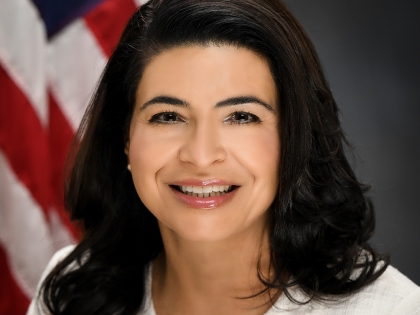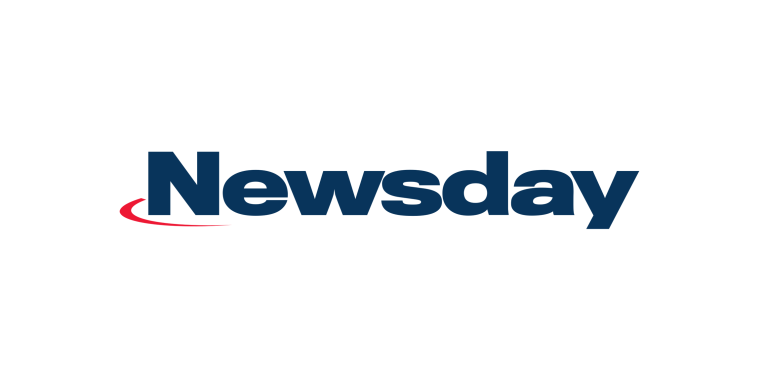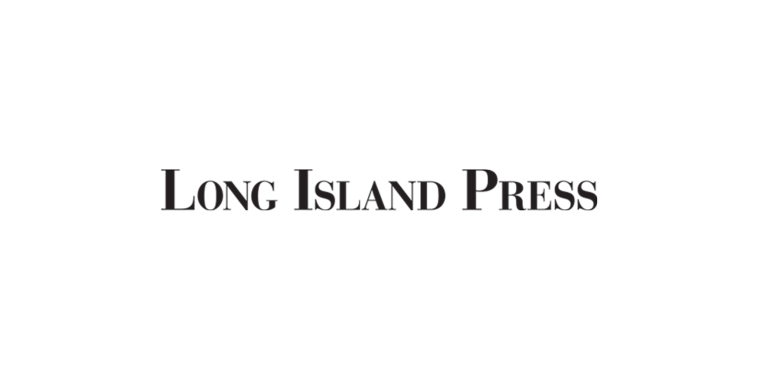
Hochul urged to sign anti-hate legislation into law

State Sen. Anna Kaplan (D-North Hills) called for Gov. Kathy Hochul to sign two anti-hate bills into law Monday.
The two bills, both sponsored by Kaplan, would promote anti-hate education to advance acceptance and diversity throughout New York and prohibit the cancellation or increase the payout of an insurance policy for victims of hate crimes. Kaplan said it is time for Hochul to sign the pair of bills after the rise in antisemitic events throughout the states since the beginning of the coronavirus pandemic.
“As a Jewish refugee who came to this country fleeing antisemitic violence in my homeland, my heart aches over the explosion of hate and extremist fueled violence that we’ve seen in this country since the pandemic,” Kaplan said. I’ve been proud to stand up and fight back against hate at every opportunity, but we need to do more.”
The insurance legislation would extend to victims, whether it be a person or property, of hate crimes that occurred in the preceding 60 months, she said. The bill was passed in the state Senate and Assembly this past May and would go into effect immediately if Hochul signed it into law.
The education bill, passed in the Senate and Assembly in March, aims to work with public and private entities to create social media and online campaigns that will combat bias and discrimination throughout the state. It would go into effect in April 2023, if signed into law.
In August, Hochul signed a bill also sponsored by Kaplan that promotes Holocaust education throughout New York’s schools into law. It permits the state’s commissioner of education to analyze what school districts throughout the state are offering Holocaust instruction.
Section 801 of the state’s education law mandates the teaching of citizenship, patriotism and human rights issues “with particular attention to the study of the inhumanity of genocide” in schools. It also requires a report on the findings of the study by January.
Hochul said that New Yorkers are united in their remembrance of the historic tragedy and that requiring schools to educate students on it is the best way to honor those directly affected by it.
The Holocaust is one of three tragedies mentioned by name in the law and mandated to be taught, with the other two being slavery and the mass starvation in Ireland from 1845 to 1850.
Kaplan said that a recent study by the nonprofit Conference on Jewish Material Claims Against Germany revealed that 58% of New Yorkers aged 18 to 39 cannot name a single concentration camp, that 19% believe that Jews caused the Holocaust and that 28% believe the Holocaust is a myth or has been exaggerated. In each of these three metrics, New York had the worst score of any state in the country.
Recent findings published by the Anti-Defamation League found that antisemitic attacks throughout Long Island increased by 23% percent last year, with 32 incidents reported throughout Nassau County.
The local increase of antisemitic incidents reflects a larger statewide trend. A total of 416 antisemitic incidents were reported throughout New York in 2021, a 24% increase from 2020, according to statistics.
Statistics showed New York’s rise in antisemitic incidents last year accounted for 15% of such incidents throughout the entire country in 2021.
Scott Richman, regional director for the Anti-Defamation League New York/New Jersey, said the rise in antisemitic instances should be a cause of concern for everyone, not just those within the Jewish community.
“The fact that these incidents included an unprecedented number of vicious assaults – frequently targeting visibly Jewish individuals on the streets of New York, including young children, is incredibly disturbing,” Richman said in a statement.
Jonathan Greenblatt, the CEO of the Anti-Defamation League, stressed the importance of understanding history to effectively combat racism, intolerance and other forms of hate in the United States during a virtual forum with Blank Slate Media earlier this year.
“If we want to address racism and hate, we need to make sure we understand where we’re coming from, so we know where we’re going,” Greenblatt said.



